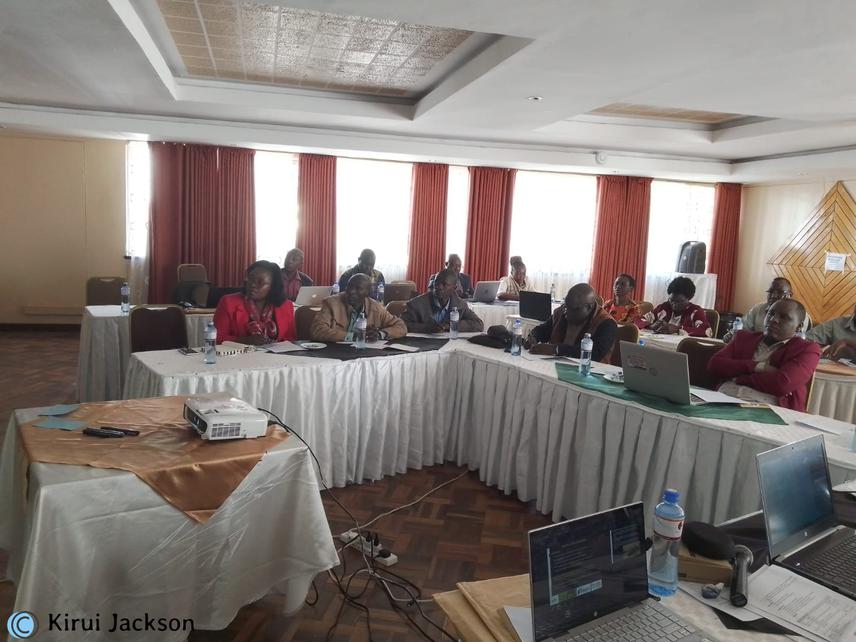Jackson Kirui
Other projects
15 Jun 2022
Understanding the Community’s Perception, Distribution and Threats to the Vulnerable Ground Pangolin in the Kenya’s North Nandi Forests
The ground pangolin occurs in Kenya although the populations of the species are thought to be in decline across the ranges, thus its classification by the International Union for the Conservation of Nature (IUCN) as Vulnerable. In Africa and indeed in Kenya, pangolins are perceived to be a symbol of bad omen and such beliefs are threatening their existence. More severe threats are a result of local communities clearing forest land in the quest for economic gain by logging and charcoal burning. It makes one curious about the local community's perceptions of the local forest. Knowing whether these locals actually support forest maintenance and why, and if not, why not, will be helpful. Until this question is answered, the conservation of species and habitats, and of pangolins, in particular, will remain a huge challenge. The greatest impediment to conservation efforts is the lack of education among local communities on the effects of extinction of wildlife, economic and social benefits derived from preserving natural ecosystems. Pangolin conservation efforts are hindered further by the lack of understanding the local community's perception and knowledge of the species distribution, and their threats.

Workshop on Pangolin Recovery in Kenya, 2024.
The first Rufford grant enabled us to generate the first empirical evidence to address the aforementioned pangolin conservation challenges in Kenya. However, it was really difficult to change the attitude of the people towards conservation in just 1 year as well as collect enough data on threats and species occurrence in other forest blocks. In partnership with Community Based Organizations and local guides we will document major community perception and threats to pangolins and establish pangolins distribution based on indigenous ecological knowledge at North Nandi forests. The threats documented will be used in future studies to assess how land use changes are affecting these natural habitats ultimately fed into a conservation action plan for pangolins. Since the community will be the custodians of the surrounding natural forest after the project ends, their involvement will be important.